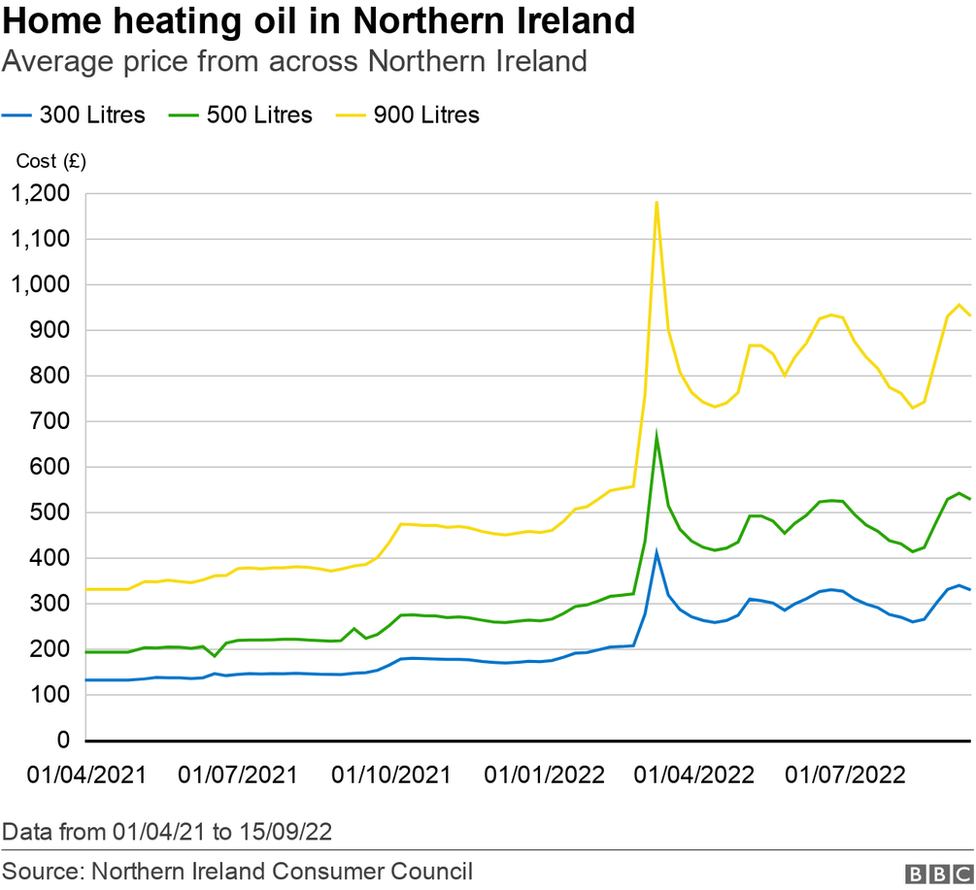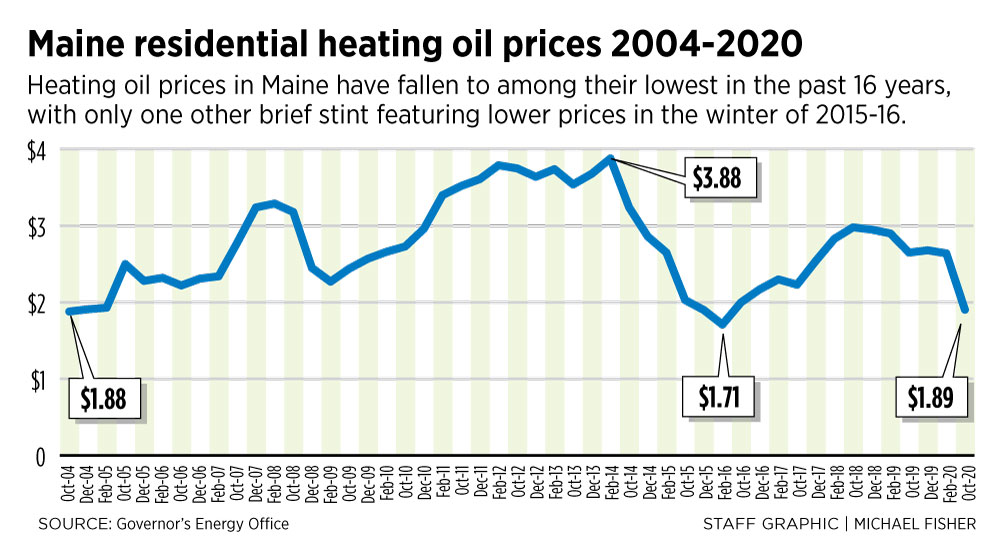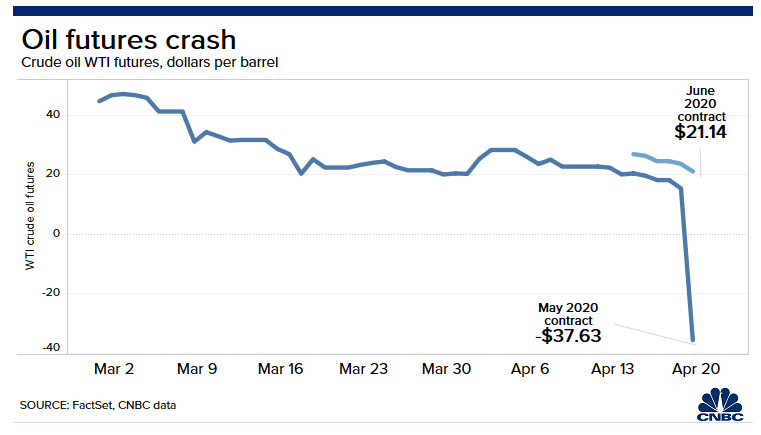Assessing the Effect of Oil Price Modifications on Home Home Heating Costs
The evaluation of the impact of oil cost changes on home heating expenses is a critical area of research in the field of energy business economics. As oil prices undergo fluctuations because of a selection of factors, comprehending their impact on heating costs is important for policymakers and house owners alike - long island oil prices. This research intends to shed light on the historical patterns in oil rates, the factors that drive their variations, and the subsequent impacts on home heating prices. By analyzing this partnership, we can gain important insights right into the economic effects for homeowners and explore potential plan procedures to reduce the effect of oil cost modifications on home heating expenses. This research looks for to add to a much deeper understanding of the characteristics in between oil costs and home heating costs, giving valuable information for both individuals and decision-makers.
Historic Trends in Oil Prices
Over the previous half a century, oil costs have experienced substantial variations, affecting the expense of home heating. Comprehending the historical fads in oil costs is important for evaluating the influence on home heating costs.

In the 1980s and 1990s, oil prices experienced a duration of relative stability. Technological improvements in oil removal and production, such as offshore boring and shale oil removal, contributed to a stable supply and assisted maintain rates in check. Periodic political stress and disputes in oil-producing areas proceeded to effect oil costs periodically.
Considering that the very early 2000s, oil prices have gone through boosted volatility. The increase of arising economic situations, specifically China and India, has actually brought about a surge in global power need, positioning higher pressure on oil costs. Furthermore, geopolitical tensions in the center East, ecological laws, and currency fluctuations have all included in the volatility in oil markets.
Aspects Influencing Oil Price Fluctuations
Factors affecting oil cost fluctuations include international financial conditions, geopolitical events, and supply and need characteristics. These aspects add to the volatility and changability of oil costs, impacting not only the power market but also various sectors of the economy and customers' budgets.
Global financial problems play a significant function in oil price variations. Economic growth and security in major oil-consuming nations such as the United States, China, and India can cause enhanced need for oil, increasing costs. Conversely, financial recessions or stagnations can cause reduced need, triggering prices to drop.
Geopolitical events likewise have a substantial effect on oil prices. Political instability, disputes, and sanctions in significant oil-producing regions such as the Center East can disrupt oil supply and create unpredictability, resulting in rate spikes. For example, stress in the Persian Gulf region can interfere with the flow of oil via the Strait of Hormuz, a critical transit factor for global oil shipments.
Supply and demand characteristics are fundamental variables that influence oil costs. When supply goes beyond demand, costs often tend to fall, while when need exceeds supply, costs often tend to rise. Elements such as manufacturing choices by major oil-producing countries, changes in oil stocks, and disruptions in oil framework can all influence the equilibrium in between supply and need, causing price changes.
Recognizing these factors is important for policymakers, power companies, and customers to prepare for and react to oil price modifications. By keeping an eye on global economic conditions, geopolitical occasions, and supply and need characteristics, stakeholders can much better take care of the influence of oil price changes on home heating expenses and other markets of the economic situation.
Recognizing the Partnership In Between Oil Prices and Heating Costs
The partnership in between oil prices and heating costs can be comprehended by checking out the influence of changes in oil prices on the cost of home heating. Oil prices play a considerable role in identifying the amount house owners pay to warm their homes throughout the wintertime months. When oil rates rise, the cost of heating oil also enhances, which directly affects the cost of home heating. This is click for info because heating oil is stemmed from petroleum, and any type of changes in petroleum costs are shown in the cost of home heating oil.
When oil prices are high, homeowners frequently experience a spike in their heating prices, as they require to purchase a lot more costly heating oil to maintain their homes warm. On the other hand, when oil rates are reduced, property owners take advantage of reduced home heating costs, as the price of heating oil lowers. This connection between oil costs and heating expenses is especially essential for houses that rely upon heating oil as their key resource of heat.
It is essential for home owners to keep an eye on oil prices very closely, as modifications in oil rates can have a significant influence on their regular monthly heating costs. By understanding the partnership between oil costs and heating costs, home owners can make informed choices regarding their heater and budget successfully for the winter.
The Effect of Oil Rate Changes on House Owners' Budgets

The effect of oil cost changes on homeowners' spending plans expands past just the cost of home heating. Greater oil costs can also bring about rises in transportation expenses, as fuel rates increase. This can have a cascading result on family budget plans, as transportation costs can eat right into optional income and restrict the capability to invest or conserve.

Policy Effects for Dealing With the Impacts of Oil Price Modifications on Home Home Heating Costs
To successfully address the impacts of oil rate changes on home heating costs, policymakers must consider various approaches and procedures. One feasible plan implication is to advertise energy effectiveness in homes. By incentivizing home owners to upgrade their furnace to a lot more reliable alternatives, such as warm pumps or solar panels, the general need for home heating oil can be reduced. Additionally, policymakers can execute guidelines and criteria that call for brand-new homes to be built with energy-efficient heater.
Another strategy is to expand the power resources utilized for home heating. Policymakers can motivate making use of alternate fuels, such as natural gas or biomass, which are much less at risk to oil rate changes (home heating oil prices long island). This can be achieved through tax obligation motivations, grants, or subsidies for homeowners that select to change to these alternative gas
Moreover, policymakers can support research and growth initiatives in sustainable energy modern technologies. Spending in developments in the field of eco-friendly home heating can result in the development of eco friendly and cost-effective options to oil-based heating systems.
Last but not least, policymakers must consider applying income-based help programs to help low-income families manage the effect of oil price adjustments on their heating prices. These programs can offer financial backing or aids to help counter the raised costs connected with higher oil rates.
Final Thought
To conclude, examining the impact of oil cost adjustments on home heating prices discloses historic fads in oil prices and factors affecting changes. Recognizing the partnership in between oil prices and heating costs allows for a much better understanding of the effect on house owners' budget plans. Plan ramifications are necessary for resolving the effects of oil cost changes on home heating costs.
The connection between oil rates and home heating prices can be recognized by taking a look at the effect of modifications in oil costs on the expense of home heating. When oil costs increase, the cost of heating oil likewise enhances, which straight impacts the Read More Here cost of home heating.When oil rates are high, home owners often experience a spike in their heating expenses, as they require to buy a lot more expensive heating oil to maintain their homes cozy. On the other hand, when oil prices are low, property owners profit from lower heating costs, learn this here now as the cost of home heating oil decreases.In conclusion, examining the influence of oil cost changes on home heating costs discloses historical trends in oil rates and elements influencing changes.